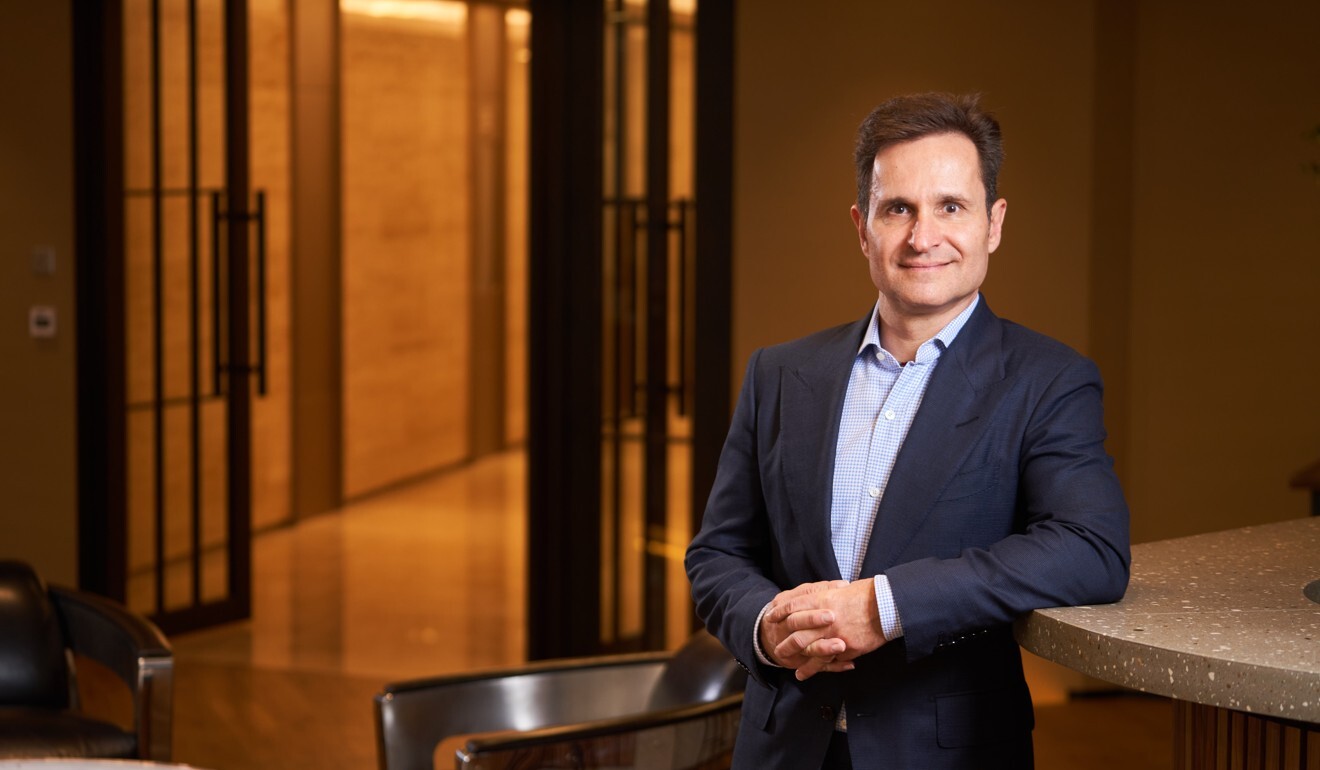
The Executive Centre bought by KKR and Tiga Investments as pandemic spurs consolidation of Hong Kong’s flexible workspace sector
- Deal marks the latest consolidation in an industry that has been restructuring amid the global downturn triggered by Covid-19
- TEC has more than 150 centres in 32 cities and 14 markets, including China, Japan, South Korea, Southeast Asia, Australia and the Middle East
Hong Kong-based flexible workspace provider The Executive Centre has been acquired by private-equity firm KKR and Tiga Investments for an undisclosed amount, the company announced on Tuesday.
“We are pleased to welcome KKR and Tiga Investments to The Executive Centre as our new investors,” said Paul Salnikow, founder and chief executive officer of TEC. “It’s a powerful partnership, well matched to drive the continued performance and growth of TEC.”

The consortium of KKR and Singapore-based Tiga acquired its stake from funds advised by HPEF Capital Partners and CVC Capital Partners, which owned 70 and 20 per cent of TEC respectively. HPEF was an investor in TEC since 2005, and CVC since 2014.
“KKR and Tiga are acquiring a strongly profitable business at every level,” said Salnikow, who reiterated that the company is still pursuing a long-term growth target of 20 per cent in terms of expansion. TEC currently has more than 150 centres in 32 cities and 14 markets, including China, Japan, South Korea, Southeast Asia, Australia and the Middle East. Its annual turnover is in excess of US$237 million.
“The long-term growth rate of 20 per cent is still something that we want to achieve over the next five years, but will we continue to grow 20 per cent this year, next year, and the year after? Unlikely. The right opportunity [will come from being] more thoughtful about expansion this year and taking advantage of market opportunities more aggressively in 2022 and 2023,” said Salnikow.
TEC is adding more centres this year in Tokyo, Hong Kong and India and has a line-up of expansions in Australia.
The acquisition of TEC was “expected”, given that the segment has been consolidating, according to Martin Wong, director and head of research and consultancy, Greater China, at Knight Frank.
“With the economy rebounding, many businesses are taking a cautiously optimistic approach to expanding,” Wong said. “Flexible working space provides are a perfect platform for these companies as they do not need much upfront capital investment to set up.”
“We believe flexible office leasing will remain a long-term strategy for occupiers,” said Kingsley Yu, flexible space leasing lead at JLL Hong Kong.
The consolidation in the industry in Hong Kong began in 2019, when the city was riven by political instability, and continued last year when the pandemic hit. This served to “eliminate some weak players”, according to Thomas Chan, a research analyst as Midland IC&I.
“In the long term, co-working space is viable, but operators should provide more value-added services to tenants such as organising business activities and seminars,” he said.

